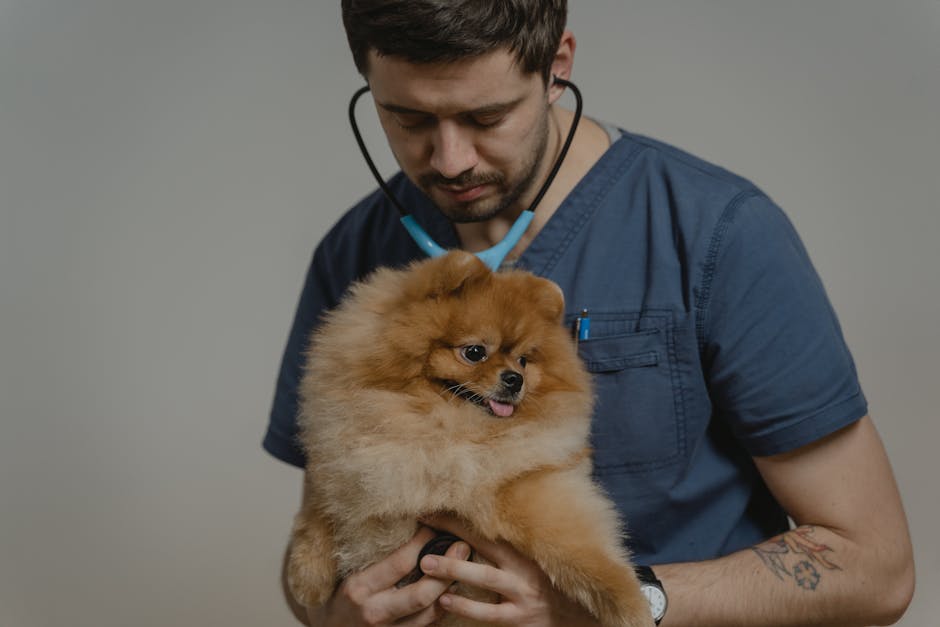Bringing a pet into your life is a deeply rewarding experience, offering unconditional love, companionship, and a unique bond. However, this privilege carries significant responsibilities, extending far beyond the initial act of adoption or purchase. A commitment to responsible pet ownership encompasses a multitude of facets, demanding a thorough understanding and consistent dedication to the well-being of your animal companion. Failure to meet these responsibilities can have profound consequences, affecting both the animal’s health and quality of life, and potentially impacting the surrounding community.
First and foremost, responsible pet ownership hinges on providing for the animal’s basic needs. This involves securing a safe and comfortable living environment. This goes beyond simply providing food, water, and shelter. It necessitates a thoughtful consideration of the animal’s specific species, breed, and individual requirements. A spacious enclosure, suitable bedding, appropriate temperature control, and protection from the elements are all crucial components of a safe habitat. For example, a reptile requires a specific temperature gradient within its enclosure, while a dog needs regular access to outdoor space for exercise and elimination. Neglect in these areas can lead to stress, illness, and even death.
Nutrition plays a pivotal role in an animal’s health and longevity. Feeding a balanced and appropriate diet tailored to the animal’s age, breed, and activity level is paramount. This means researching and understanding the nutritional requirements of your pet and choosing high-quality food that meets those needs. Overfeeding or underfeeding, as well as providing inappropriate food, can result in serious health problems, ranging from obesity and diabetes to nutritional deficiencies and organ damage. Consulting with a veterinarian or a qualified animal nutritionist can provide valuable guidance in formulating a suitable diet.
Veterinary care is an indispensable element of responsible pet ownership. Regular check-ups, vaccinations, and preventative treatments are essential for maintaining your pet’s health and preventing potentially life-threatening diseases. Early detection and treatment of illnesses are significantly more effective and less costly than managing advanced conditions. Furthermore, prompt veterinary attention is critical in cases of injury or illness, requiring immediate action to alleviate suffering and potentially save a life. Ignoring veterinary needs constitutes a profound failure in responsible pet ownership.
Beyond the physical needs, responsible pet ownership extends to the emotional and behavioral well-being of the animal. Pets, much like humans, require mental stimulation and social interaction to thrive. Providing opportunities for play, exploration, and socialization is vital for preventing boredom, anxiety, and destructive behaviors. This might entail regular walks for a dog, playtime with toys for a cat, or interactive games for a bird. Understanding your pet’s individual personality and temperament is crucial in tailoring appropriate enrichment activities. Lack of mental stimulation can lead to stress, aggression, and other behavioral issues that negatively impact both the pet and its owner.
Training and socialization are inextricably linked to responsible pet ownership. This involves teaching your pet basic obedience commands, appropriate behaviors, and socializing them with other animals and humans. Proper training minimizes the risk of behavioral problems and ensures the safety of both your pet and others. A well-trained dog, for example, is less likely to exhibit aggression or become lost. Socialization helps pets develop appropriate social skills and reduces their fear or anxiety in various situations. Neglecting training and socialization can lead to difficulties in managing the pet, increasing the risk of relinquishment or euthanasia.
Legal and community responsibilities are also a significant part of responsible pet ownership. This includes complying with local ordinances and regulations related to pet licensing, leash laws, and waste disposal. Failing to comply with these laws can result in fines or other penalties. Furthermore, responsible pet owners take proactive steps to prevent their pets from causing harm or nuisance to others. This includes ensuring that pets are properly restrained, preventing them from harassing wildlife or other animals, and promptly addressing any behavioral problems that might pose a risk to public safety. Ignoring these responsibilities can have far-reaching consequences, affecting the safety and well-being of the community.
Finally, and perhaps most importantly, responsible pet ownership necessitates a long-term commitment. Pets are not disposable items; they require consistent care and attention for their entire lifespan, which can extend for many years. Adopting a pet is a decision that should not be taken lightly. It requires careful consideration of your lifestyle, resources, and ability to provide for the animal’s needs throughout its life. This includes considering the financial implications of pet ownership, including food, veterinary care, grooming, and other expenses. Abandonment or relinquishment of a pet due to changing circumstances represents a grave failure of responsibility.
In conclusion, the responsibilities of pet ownership are multifaceted and demanding. They extend far beyond providing basic necessities, encompassing veterinary care, training, socialization, environmental enrichment, and fulfilling legal obligations. Responsible pet ownership is not merely a matter of convenience or personal gratification; it’s a moral obligation to ensure the well-being and happiness of a vulnerable creature who depends entirely on your care. A deep understanding of these responsibilities, coupled with a steadfast commitment to fulfilling them, is crucial for ensuring a positive and fulfilling relationship with your animal companion. Only then can the unique joys and rewards of pet ownership truly be appreciated.
